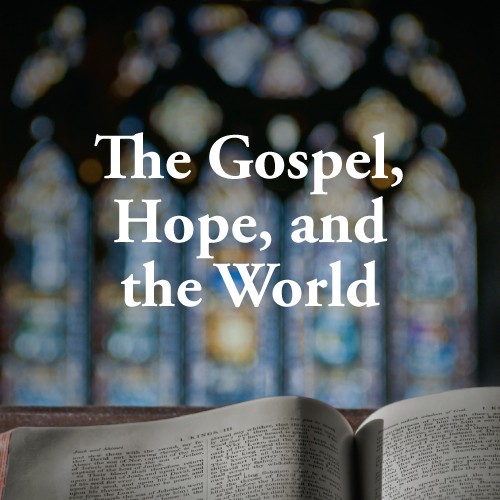
Hope for the Poor
Tim Keller | October 4, 2009
Overview
There are some churches that care about evangelism but not about serving the poor. Other churches will eagerly serve the poor but they dont care about proclaiming the Gospel. But churches arent meant to do one or the other; they must do both. In fact, the two are linked. When non-Christians see Christians sacrificially serving the needy, it displays the beauty of God to them and becomes an aid to evangelism. Separately, serving the poor doesnt just help others, but helps ourselves. One of the signs that we have truly experienced Gods love is that we can love others in word and in deed. In this passage, we learn three things about serving the poor. 1) Its crucial to the mission God gives us; 2) Its a sign we belong to Jesus; 3) It requires a peculiar and particular kind of power.




